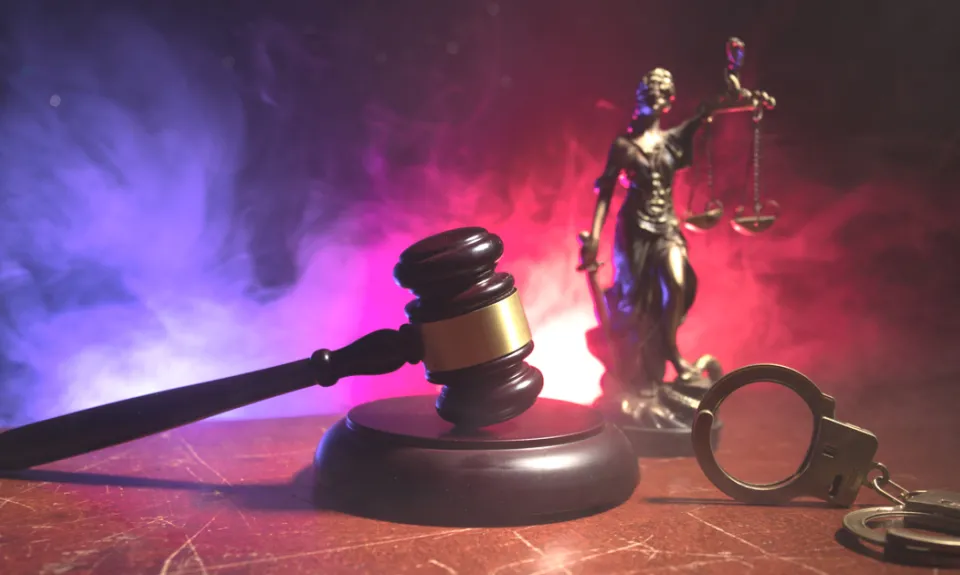“Confirmed Judges, Confirmed Fears” is a blog series documenting the harmful impact of President Trump’s judges on Americans’ rights and liberties. Cases in the series can be found by issue and by judge at this link.
Trump Fifth Circuit judges Andy Oldham, Kurt Engelhardt and James Ho cast the deciding votes in January 2020 in Doe v. Mckesson to deny a full court rehearing of a ruling that allowed a police officer to sue a Black Lives Matter organizer for an injury he sustained during a protest. The ruling violates important Supreme Court precedent on protesters’ First Amendment rights and threatens to subject them to the cost and other burdens of meritless lawsuits intended primarily to intimidate civil rights activists and other protesters.
As explained in a previous PFAW blog post, the suit against DeRay Mckesson arose when a Baton Rouge police officer was hit and injured by a rock thrown by an anonymous person during a protest held on a public highway. The officer anonymously filed a lawsuit for damages against Mckesson and the Black Lives Matter movement.
The federal district judge dismissed the case. He explained that under controlling Supreme Court precedent, in order to hold a protest organizer or group liable for violence that occurs during a protest, a court must find specific facts to avoid infringing on protesters’ First Amendment rights. The ruling established that protest groups or leaders must use words that are “likely to incite imminent lawless action,” or give someone “specific instructions to carry out violent acts or threats” or have “authorized, directed, or ratified specific tortious activity.” Since Doe’s complaint did not contend that Mckesson had done any of these things, the judge dismissed it.
A three-judge panel of the Fifth Circuit reversed, however, and ruled that Mckesson could be held liable if the police officer could prove that Mckesson “negligently” organized a protest that he “should have known” would lead to violence. Trump judge Don Willett initially joined the ruling, but later recognized that Mckesson had a “First Amendment defense” and dissented in a revised opinion. Willett stated, in accordance with significant criticism of the original ruling, that the negligence standard was wrong, and that even “raucous public protest” is protected from liability by the First Amendment “unless clearly intended to, and likely to spark, immediate violence.”
The full court of appeals then voted on whether to rehear the case. Eight judges, including Willett, Trump judge Kyle Duncan and Bush appointee Leslie Southwick, voted to rehear the case. But eight other judges, including Trump appointees Engelhardt, Oldham and Ho, voted against rehearing. Without a majority vote in favor, the rehearing was denied. Judge Ho voted to deny rehearing because he agreed with the panel majority’s First Amendment analysis, but also noted that the case “should not proceed” under what he called the “professional rescuer” doctrine, which prevents police and firefighters from recovering damages sustained “in the line of duty.”
Judges Dennis and Graves wrote a separate dissent, criticizing the panel majority for violating “clearly established First Amendment principles.” Indeed, as one commentator has written, the panel decision has “breathtaking” implications by suggesting that protesters who temporarily block streets are “strip[ped] … of their constitutional rights.” Thanks to three Trump judges on the Fifth Circuit, this threat is all too real. As our original blog post noted, the ruling would allow President Trump to “sue the organizers of virtually any protest against him if a random person hits one of his campaign aides with a rock.”
